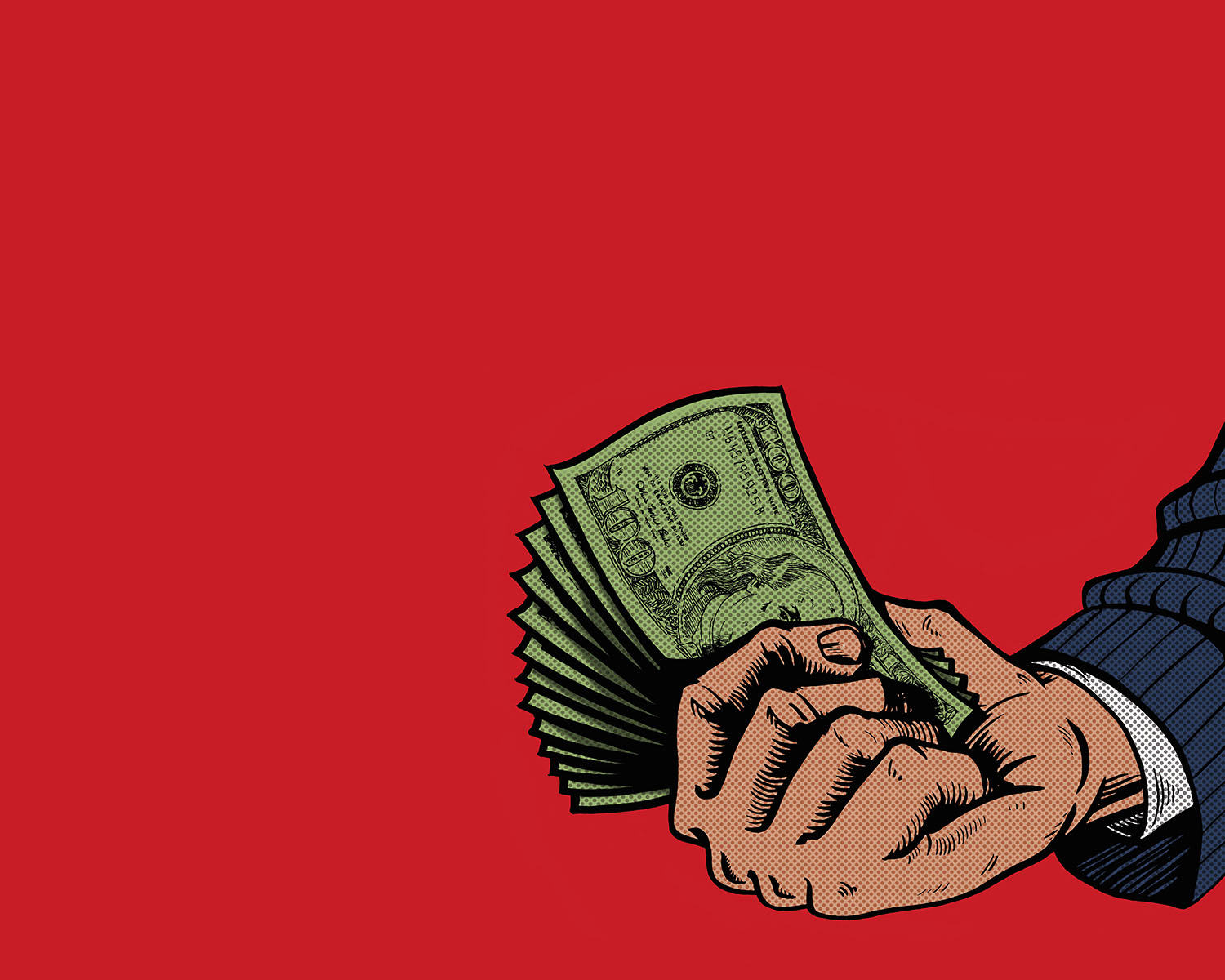An economic recovery few people feel
Why is there such a disconnect between the economy's performance and voters' moods?

A free daily email with the biggest news stories of the day – and the best features from TheWeek.com
You are now subscribed
Your newsletter sign-up was successful
The smartest insight and analysis, from all perspectives, rounded up from around the web:
"Anyone watching the fourth Republican debate would be excused for thinking America is mired in a deep recession," said Ezra Klein at Vox. GOP presidential candidates like Ted Cruz, Carly Fiorina, and Marco Rubio conjured doom-and-gloom visions of a shrinking economy, beset by crushing regulations and bested at every turn by foreign competitors. Donald Trump summed up this outlook most succinctly: "There is nothing that we do now to win." But America is winning. Unemployment is at 5 percent — the lowest it's been in seven years — and the U.S. recovery from the 2008 global financial crisis has dramatically outpaced the rest of the world's. The stock market has more than tripled since 2009. So much money is flowing to Silicon Valley startups that there's hand-wringing about a second tech bubble. Where is the economic apocalypse these candidates are describing?
By nearly every measure, the economy has dramatically improved since President Obama took office, said Ben Casselman at FiveThirtyEight. Yet, in "one of the central paradoxes of the 2016 presidential campaign," poll after poll reveals Americans are "deeply skeptical of that progress." More than half of voters in a recent Wall Street Journal poll said the economic and political system was "stacked against people like me." In Iowa, which has a 3.6 percent unemployment rate and a booming economy, 41 percent of Republicans say the state of the economy is "poor," and fewer than half of Democrats describe it as "good" or "excellent."
The Week
Escape your echo chamber. Get the facts behind the news, plus analysis from multiple perspectives.

Sign up for The Week's Free Newsletters
From our morning news briefing to a weekly Good News Newsletter, get the best of The Week delivered directly to your inbox.
From our morning news briefing to a weekly Good News Newsletter, get the best of The Week delivered directly to your inbox.
The economy's critics aren't delusional, said Barry Ritholtz in Bloomberg View. For many Americans, the recovery has been "mediocre or nonexistent." The price of housing and health care have far outpaced sluggish wage gains. Too many people are working part-time or have dropped out of the labor market altogether. Policymakers are trying to convince everyone, including themselves, that the economy is on the upswing, said Teresa Tritch in The New York Times. "It's not." Nearly all of the gains generated by a "lopsided" recovery have gone to those "at the top of the economic ladder," and most policymaking — whether it's "untimely federal budget cuts" or the erosion of labor standards — has exacerbated inequality. In the end, we're left with "rising prosperity for the few" and "undue hardship for the many."
Economists are split between "two wonky and interesting explanations" for the disconnect between the economy's performance and voters' moods, said Josh Zumbrun in The Wall Street Journal. Some 40 percent of economists blame cyclical forces: Americans are simply slow to pick up on the economy's ups and downs and are still scarred by the memory of the recession. But the slightly more popular explanation, favored by 42 percent of economists, suggests the economy has fundamentally changed. Job and income security are more tenuous, new technologies are disrupting entire industries, and a gridlocked Washington seems powerless to do anything. All of it adds up to a potent recipe for economic anxiety.
A free daily email with the biggest news stories of the day – and the best features from TheWeek.com